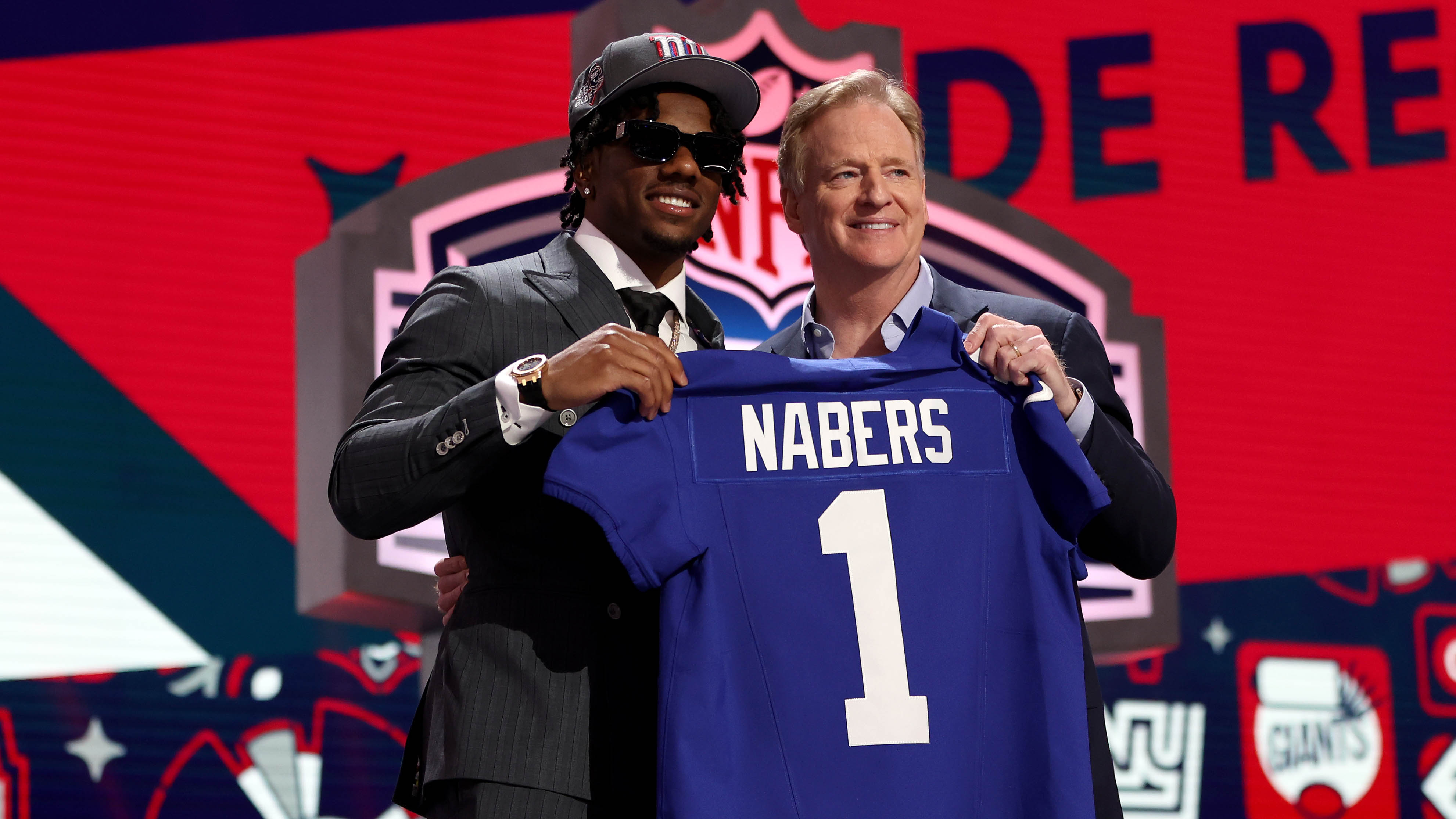Can you measure a child's improvement in math or reading skills by testing? Should teachers and principals be held accountable for those test results?
Both ideas sound good. It would seem there is no better way to assess the success or failure of an educational system than by subjecting children to rigorous examinations.
Mayor Bloomberg is running hard for re-election, outspending his presumed opponent, Democrat William Thompson, by at least 9 to 1. The Mayor's latest TV ads are entitled: "Shake Things Up" and "Getting Better." He says that he has shaken things up in education -- and that the system is getting better.
In one ad, the Mayor says: "When I became mayor, a dysfunctional and inept school system was failing our kids. It would have been easy to do nothing about it."
Bloomberg says he did something about it by holding principals, teachers and himself "accountable." He notes that "test scores and graduation rates are up and school crime is down."
Is this true? I have talked to teachers who told me they were so concentrated on teaching children how to pass tests that they hardly had time for anything else. One veteran teacher who didn't want her name used said her principal and fellow teachers were deeply concerned about pleasing their superiors to ensure promotion and favorable treatment, and that the real purpose of education was being neglected, that is, teaching children to revere learning and focus on improving their general and specific knowledge.
A recent editorial in the Long Island Press warned that "between test prep and text messaging, our kids are being dumbed down." The writer, Lynn Burke, says that one area that suffers because of over-reliance on computers is handwriting. Many children, she says, can hardly sign anything because they've never been taught handwriting skills. They may be able to use a computer and print, rather than use script.
Local
City Hall proudly hails tremendous improvement in the high school graduation rate. But the other side of that is that 74 percent of high school graduates need remedial work when they do get to college, according to state education officials. They can't take courses until they are properly educated.
The Daily News reports that, while graduation rates went up in Brooklyn last year, nearly half of the borough's students didn't make it in four years. They had to go back to school to make up the necessary credits.
A Brooklyn College professor, David Bloomfield, said: "Graduation doesn't mean kids are ready for either careers or college."
Expensively produced TV commercials don't necessarily reflect the true picture. While some improvements have been made in the educational system, there's still a long way to go.
You don't educate kids by producing rosy statistics. You need parents to be involved to a much greater extent than they are now. You need the inspiration of good teachers, and the excitement of a good learning experience.
The old saying is that "figures don't lie." Maybe not, but they can be manipulated to justify policies that may not be the best way to improve the educational system.



